MS-ETS1-3
Analyze data from tests to determine similarities and differences among several design solutions to identify the best characteristics of each that can be combined into a new solution to better meet the criteria for success.
-
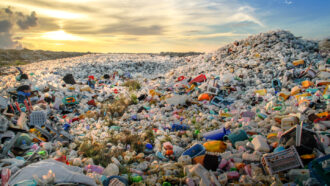 Chemistry
ChemistryNew recycling technologies could keep more plastic out of landfills
Recycling plastics is really hard — especially into useful materials. But new chemical tricks could make recycling easier.
-
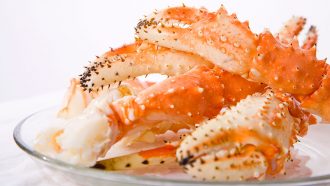 Materials Science
Materials ScienceBandages made from crab shells speed healing
The chitin in seafood wastes, insect “bones” and fungi is a chemist’s dream. Used in a new medical dressing, it beats regular gauze for wound healing.
-
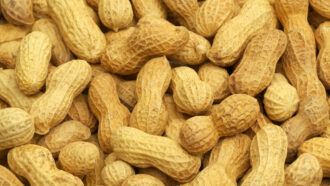 Health & Medicine
Health & MedicineCould a toothpaste help treat peanut allergy?
By rolling an immune therapy into a toothbrushing routine, one company hopes to show its product can build and maintain tolerance to peanut allergens.
-
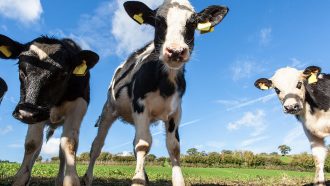 Animals
AnimalsAnalyze This: Cows burp less methane after early-life treatment
Calves that receive the 14-week treatment belch less of the greenhouse gas, possibly due to shifts in their gut microbes.
-
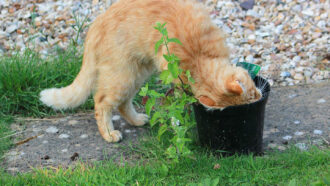 Plants
PlantsScientists may have finally found how catnip repels insects
The plant deters mosquitoes and fruit flies by triggering a chemical receptor that, in some animals, senses pain and itch.
-
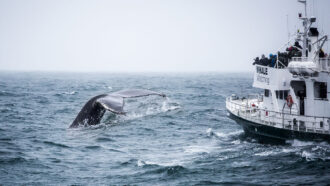 Math
MathExplainer: What is statistics?
Scientists use statistics to design studies, analyze data and evaluate uncertainty. You’ll find it in biology, climate change, medicine and more.
-
 Science & Society
Science & SocietyMachine learning includes deep learning and neural nets
By combining patterns found in mountains of data with information gleaned from mistakes, these computer programs expand their artificial intelligence.
-
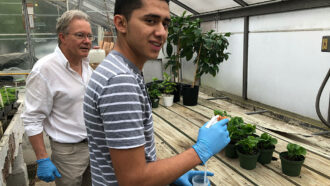 Science & Society
Science & SocietyWhen COVID-19 comes for your science fair
When labs shut down due to COVID-19, teens took their science fair projects to the internet and … sometimes even to the bathroom.
-
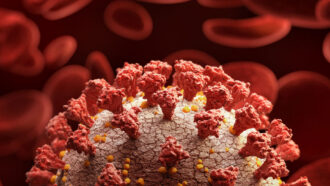 Health & Medicine
Health & MedicineSome young adults will volunteer to get COVID-19 for science
Researchers will soon give some healthy people the new coronavirus. Their young volunteers have agreed to get sick to speed coronavirus research.
-
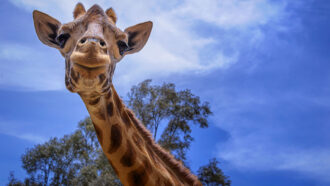 Math
MathScientists Say: Outlier
Data points often fall within a normal range. When one data point sticks out a lot, it might be an outlier.
-
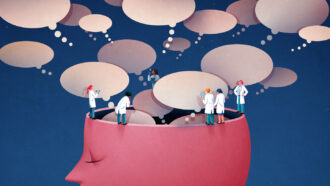 Science & Society
Science & SocietyNew technology can get inside your head. Are you ready?
New technologies aim to listen to — and maybe even change — your brain activity. But just because scientists can do this, should they?
-
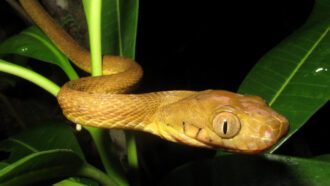 Animals
AnimalsNewfound technique allows some tree snakes to climb wide trees
When a tree is too wide to climb, brown tree snakes use a lasso-like trick to slowly ascend up to snacks.